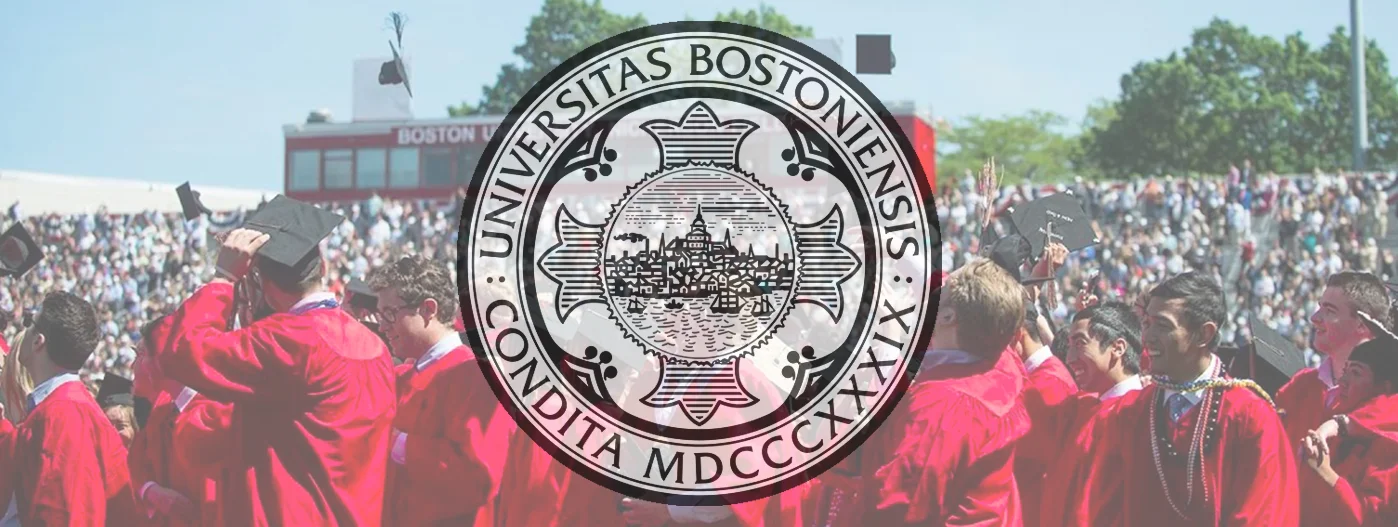Athletes and the Media
“I like that you guys are out of the equation,” R.J. Hunter said emphatically. Jordan Mickey nodded in solidarity. That was it.
Without hesitation or contemplation, the Boston Celtics’ 2015 first-round selection decried his preference for “not too much exposure,” even stating that he had trimmed his social media presence.
But why? One could argue that, by carefully and deliberately cultivating everything they say, athletes, now exposed on virtually every front (a fact corroborated by Hunter attesting to being regularly ogled and photographed by fans everywhere), create their ideal brand. I disagree.
What negative thing could anyone say about NBA All-Star Kawhi Leonard? Much like his head coach Greg Popovich, he never speaks out of turn, is rarely seen celebrating, on or off the court, and generally appears to be a “model” athlete.
Here’s the catch: his brand is at a sum total of nothing. Bland. Boring. Dutiful. The 24-year-old is simultaneously the NBA’s best defender, capable of effectively take one of the association’s top players out of a championship game, and also one of its least memorable. He’s just so inoffensive! Sanitary!
Which is not to say that acting with poise won’t do a thing. Houston’s J.J. Watt has cultivated an image almost exclusively from benevolence. But unlike players such as Marshawn Lynch, infamous for his aversion to journalists, he speaks at press conferences, often candidly. And more importantly, he lets reporters convey his message as well.
Back to Hunter’s original statement. As a fan, I relish the opportunity to hear directly from my favorite athletes. It’s fun; it almost feels exclusive. But despite the fact that sites such as The Players’ Tribune and SportsBloghave gained serious notoriety, Matt McCue of Fast Company and Comcast Sportsnet’s Sean McAdam made convincing headway into proving that they, for now at least, won’t be replacing reporters any time soon.
For one, as McCue mentioned, “a quick scan of the latest posts,” on these sites, “reveal some editorial challenges”; a reporter’s filter has all the negative connotations in the world, but a trained writer will undoubtedly convey a clearer, more interesting message.
Secondly, as McAdam pointed out, by virtue of being written by the athletes themselves, the notion that the words being posted are “unfiltered” is simply false. What’s more is, reporters will be quick to recognize this, changing their focus rather than leaving the trail.
All athletes present, including the Providence Bruins’ Austin Czarnik, particularly Mickey, acknowledged this fact. So why even attempt to cut reporters out at all? A good reporter can articulate a story with greater clarity. A good reporter can better build an athlete’s brand (yes, including the positive and negative aspect of his game).
The fundamentally most enlightening aspect of the entire discussion was that the athletes before us were exemplifying precisely the qualities we were identifying – right in the midst of a conversation about athlete’s reluctance to speak to the media.
“I wanted to answer that one, but he [VP of Media Services, Jeffrey Twiss] was giving me that look,” Hunter joked about almost taking the bait on a controversial inquiry: ‘Did LeBron James get David Blatt fired?’
So what am I really getting at? I suppose, as a young professional, I partially resent this sort of athlete-reporter PTSD that has strained the relationship between the two parties– making athletes mistrustful and reporters disgruntled.
As a journalist, I worry about the splintering. As a fan, I’m terrified. It’s my sincerest hope that, rather than continuing to work at odds, athletes and reporters will recognize the equal, mutual benefit they serve to one another.
Get the story. Build the brand.
At the end of the day, Leonard got the trophy, but James wears the crown. To athletes everywhere I ask: What was it all for if you won’t be remembered?

